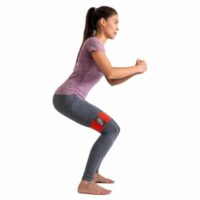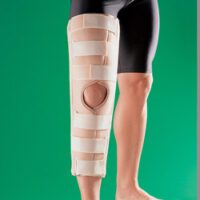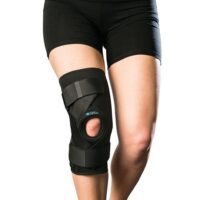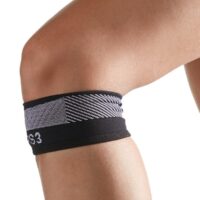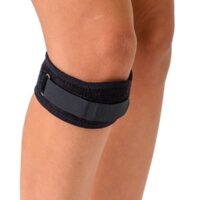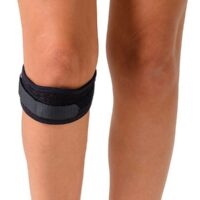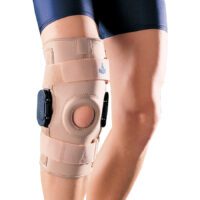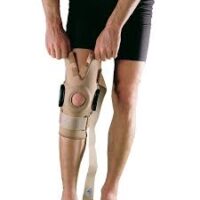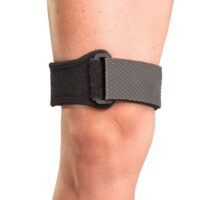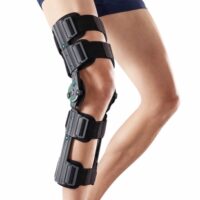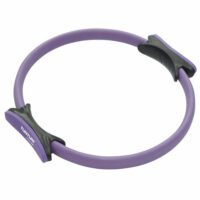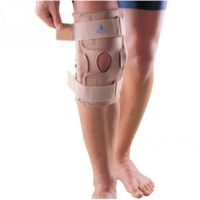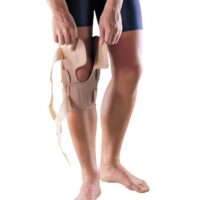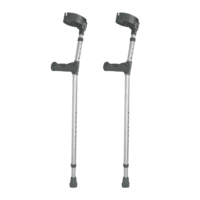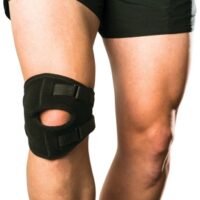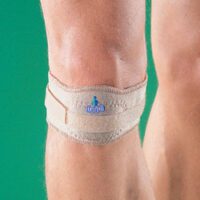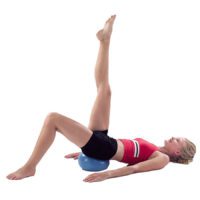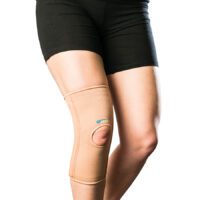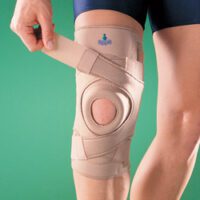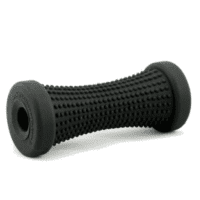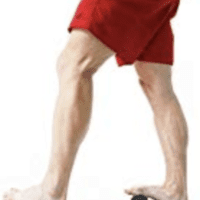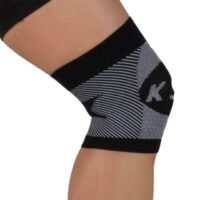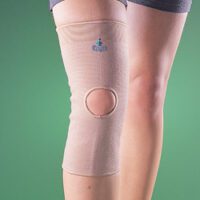Running Analysis
Article by John Miller

Running Analysis
The Key to Enhanced Performance and Injury Prevention
Running transcends being just a sport; it’s a path to wellness. Yet, to excel and stay injury-free, understanding your running mechanics is essential. This article, from a physiotherapist’s lens, dives into the world of running analysis, unraveling its role in enhancing performance and preventing injuries.
Understanding Your Run
Every runner’s style is distinct, pivotal for boosting performance and sidestepping injuries. Running analysis shines a light on technique, foot placement, and movement limitations, spotlighting areas like joint stiffness, muscle tightness, or weakness.

Common Running Injuries
Runners often face injuries like runner’s knee, Achilles tendinitis, shin splints, and plantar fasciitis. These ailments stem from overuse, improper footwear, or biomechanical imbalances. Understanding these common injuries is the first step towards prevention and effective treatment.
The Role of Physiotherapy in Running Analysis
Physiotherapists, particularly those specialising in running injuries, are crucial. They identify biomechanical faults in the lower limb and pelvis that elevate injury risks. Their video assessment of your running form pinpoints issues, leading to customised solutions.
Biomechanical Assessments in Running
Gait analysis and biomechanical assessments are vital in running analysis. Advanced technologies like video or motion capture offer a detailed view of your running mechanics, essential for precise adjustments.
Shoes and Orthotics
Choosing suitable shoes is key, and running analysis aids this decision. It also determines if orthotics are necessary for additional support and alignment.
Benefits of Physiotherapy in Running
Physiotherapy plays a monumental role in treating and preventing running injuries. It offers strategies like strength training, flexibility exercises, and advice on proper running techniques. Physiotherapists tailor rehabilitation programs to individual needs, ensuring a swift and safe return to running.
Performance Improvement and Injury Prevention
Running analysis not only helps in injury prevention but also in performance enhancement. By fine-tuning your running mechanics, you can improve efficiency, speed, and endurance. Preventive measures like warm-up routines, appropriate footwear, and regular physiotherapy consultations keep injuries at bay and enhance overall performance.
Conclusion
Investing time in running analysis and embracing physiotherapy’s benefits can revolutionise your running journey. It optimises technique, elevates performance, and reduces injury risks. Whether a novice or a seasoned runner, running analysis and physiotherapy are indispensable tools for achieving your running goals safely and effectively.
What to Do?
Seek a physiotherapist’s knowledge for a personalised running analysis. They’ll guide you to your running objectives, ensuring a balanced approach to performance and health.
Related Articles
- Post-Run Soreness: Should You Be Concerned? – Readers can learn about differentiating between muscle injury and delayed onset muscle soreness (DOMS) after running.
- Running Recovery: 6 Helpful Tips – Offers advice on managing post-run recovery, including the use of ice, heat, and recovery equipment.
- ITB Syndrome – This article discusses knee-related issues like ITB Syndrome, common in runners, and other knee conditions.
- Runners: How To Reduce Your Knee Stress – Provides strategies for runners to minimise stress on their knees, a common area of concern.
- Common Running Injuries – An overview of typical injuries runners face, which would complement the original article’s focus.
- Running Pain: A Physiotherapist’s Guide – Offers insights into the nature of running pain and when to seek help.
- Biomechanical Analysis: Key To Injury Prevention – Discusses the importance of biomechanical analysis in preventing running injuries.
- Common Muscle Injuries – Provides general information on muscle injuries that could occur from running.
- Knee Arthritis in Runners – Addresses how arthritis affects runners, especially in the knee area.
- Muscle Strains – Focuses on muscle strains and related conditions as common causes of knee pain in runners.
- Runners Knee – A comprehensive guide on Runner’s Knee, its causes, symptoms, and treatment.
- Three Tips To Improve Your Running Efficiency! – Practical advice on enhancing running technique for better performance and injury prevention.






